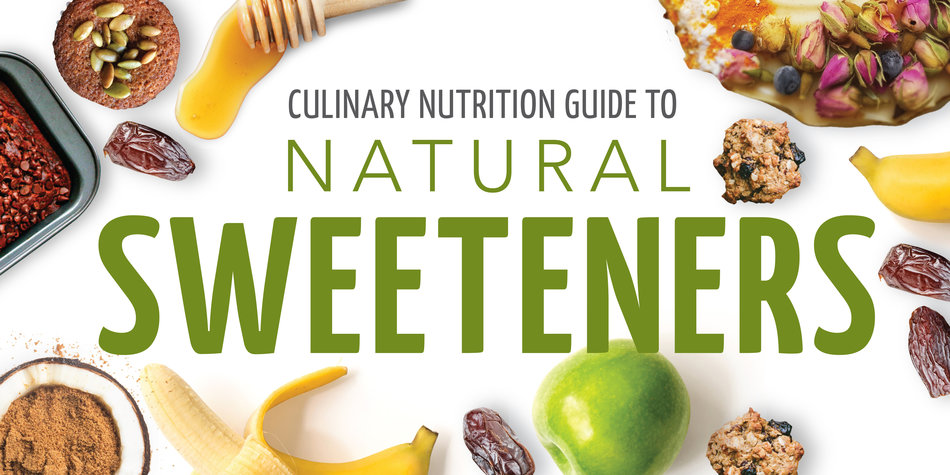
In an age where sugar consumption is linked to numerous health issues and artificial sweeteners are under scrutiny, a growing movement towards natural, unprocessed foods is gaining momentum. This article explores the journey towards a lifestyle free of added sugars and artificial sweeteners, highlighting the benefits, challenges, and sustainable alternatives that cater to our innate sweet tooth.
The Impact of Sugar and Artificial Sweeteners
The Sugar Problem
Excessive sugar intake is associated with various health issues, including obesity, type 2 diabetes, heart disease, and tooth decay. The World Health Organization recommends reducing free sugar intake to less than 10% of total energy intake, further suggesting a reduction to below 5% for additional health benefits.
Artificial Sweeteners: A Controversial Alternative
Artificial sweeteners, often used as a sugar substitute, have been a subject of debate. While they offer a low-calorie alternative, studies have suggested potential links to health issues like metabolic syndrome and gut microbiota imbalance.
Navigating a No Sugar, No Artificial Sweetener Diet
Understanding Labels
Reading labels is crucial as sugars and sweeteners can be hidden in various forms in processed foods. Ingredients like high-fructose corn syrup, aspartame, and sucralose are common and should be avoided.
Natural Sweeteners
Opting for natural sweeteners can be a healthier alternative. Honey, maple syrup, and molasses, though still forms of sugar, contain trace nutrients and are less processed. However, moderation is key.
The Benefits of Cutting Out Sugar and Artificial Sweeteners
Improved Health Outcomes
Reducing sugar and artificial sweetener intake can lead to better weight management, improved dental health, and a reduced risk of chronic diseases.
Enhanced Taste Sensitivity
Over time, reducing sugar intake can reset taste preferences, making naturally sweet foods like fruits more enjoyable.
Challenges and How to Overcome Them
Cravings and Withdrawal
Sugar withdrawal can lead to cravings and mood swings. Gradual reduction and healthy snacking can ease this transition.
Social and Cultural Adjustments
Social events and cultural practices often revolve around sweet foods. Finding or creating sugar-free alternatives can help maintain social and cultural connections.
Embracing a Holistic Approach
Cooking at Home
Preparing meals at home allows complete control over ingredients, making it easier to avoid added sugars and sweeteners.
Education and Experimentation
Educating oneself about the effects of sugar and exploring new recipes can make the journey enjoyable and sustainable.
Conclusion
Transitioning to a diet free of added sugars and artificial sweeteners is not just a dietary choice; it’s a lifestyle change that can profoundly impact health and wellbeing. By embracing natural sweetness and making informed food choices, individuals can enjoy a fulfilling, health-conscious life.
